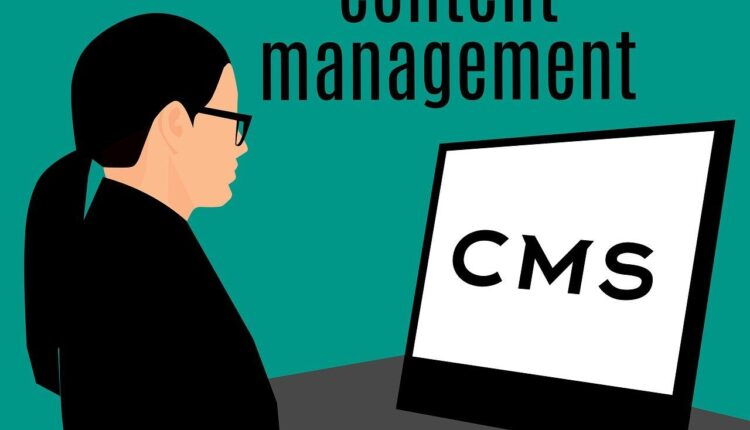At times, where lifers, careerists, nerds, and time servers all vie for access to its executive editor’s office, its prize is often elusive and only available after treading carefully over those who tried and fell before. To reach it, one must jump over dead bodies – people harmed or even killed during previous attempts – who tried before them to pursue that title.
Joseph Kahn is that person. As the Times’s inaugural Black executive editor and former managing editor under Dean Baquet, Joseph enjoys a great rapport with publisher A.G. Sulzberger.
Executive Editor Joseph Kahn
Kahn has been with The Times for almost two decades and currently serves as its deputy editor, overseeing all newsroom operations.
Kahn was previously a reporter and bureau chief on Wall Street and economics before moving to Shanghai; in 2006, he shared the Pulitzer Prize with his business desk for their investigation of China’s flawed legal system. Now as a top editor at the international desk and leading its move into digital format.
He established the Live Desk to cover breaking stories as they unfold and stressed visual journalism. Kahn has also stood behind journalists under fire, such as Rukmini Callimachi (Telegraph’s Terrorism Reporter who faced accusations that her tweets could be white supremacist). We met Kahn in what’s commonly known as the Print Room in their Manhattan headquarters. Here, historic front pages line the walls, and his presence is always severe yet unassuming as he takes his duties seriously.
Managing Editor Dean Baquet
As The Times’ top editorial position, Baquet oversaw an extraordinary growth and bold reporting period. Under his guidance, the newspaper expanded from a small daily to a global news organization publishing digital and print products and winning 18 Pulitzer Prizes during his term.
However, The Times has also been embroiled in its share of controversy: from sexual harassment claims to how it handled the COVID-19 pandemic. Questions were also raised regarding its relationship with readers and how it dealt with conflicts within its company.
Employees have often left over how to balance free speech with open debate, as seen during the 2020 murder of George Floyd and subsequent workplace riots that ensued. Baquet attempted to reduce tensions, such as restricting staff Twitter use, but these issues continue to surface.
Publisher A.G. Sulzberger
When The Times publisher retires, a small box on Page 2 — usually drawn as an ink scoreboard — often announces who will succeed him. Unlike many publications, The Times doesn’t rely on recruiting from outside for its successor; instead, its controlling family selects someone from within itself as its candidate for this role.
Kahn joined the company in 1998 as both a reporter and international editor, also serving as managing editor under Baquet, thus equipping him to assume his upcoming executive editor responsibilities.
Sulzberger, who hails from Arthur Ochs Sulzberger’s fifth-generation lineage, takes a more reserved approach than his father but remains outspoken on issues facing journalism today. His strong views include offending point-of-view outlets that seek to divide news media sources. Furthermore, Sulzberger no longer awaits an invitation from President Trump or other world leaders before speaking out against presidents who demonize independent journalists while cosset despots who jail or kill them.
Editor-in-Chief Jill Abramson
Jill Abramson became Executive Editor of the Times newsroom in 2011, marking a landmark moment for women in journalism. As its inaugural female occupant, many saw her as a symbol of progress for female journalists everywhere. Her tenure saw numerous successes, such as developing an effective digital paywall and large-scale online features; additionally, she led her paper to win several Pulitzer awards during this period.
She was widely criticized for her conduct in the newsroom; several articles described her as ruthless and challenging to work with.
Abramson may have been fired due to this disagreement with Dean Baquet, her direct report, which ultimately resulted in his resignation. They had long been at odds over various matters, and Baquet believed Abramson did not allow enough freedom for him to perform his role effectively.

